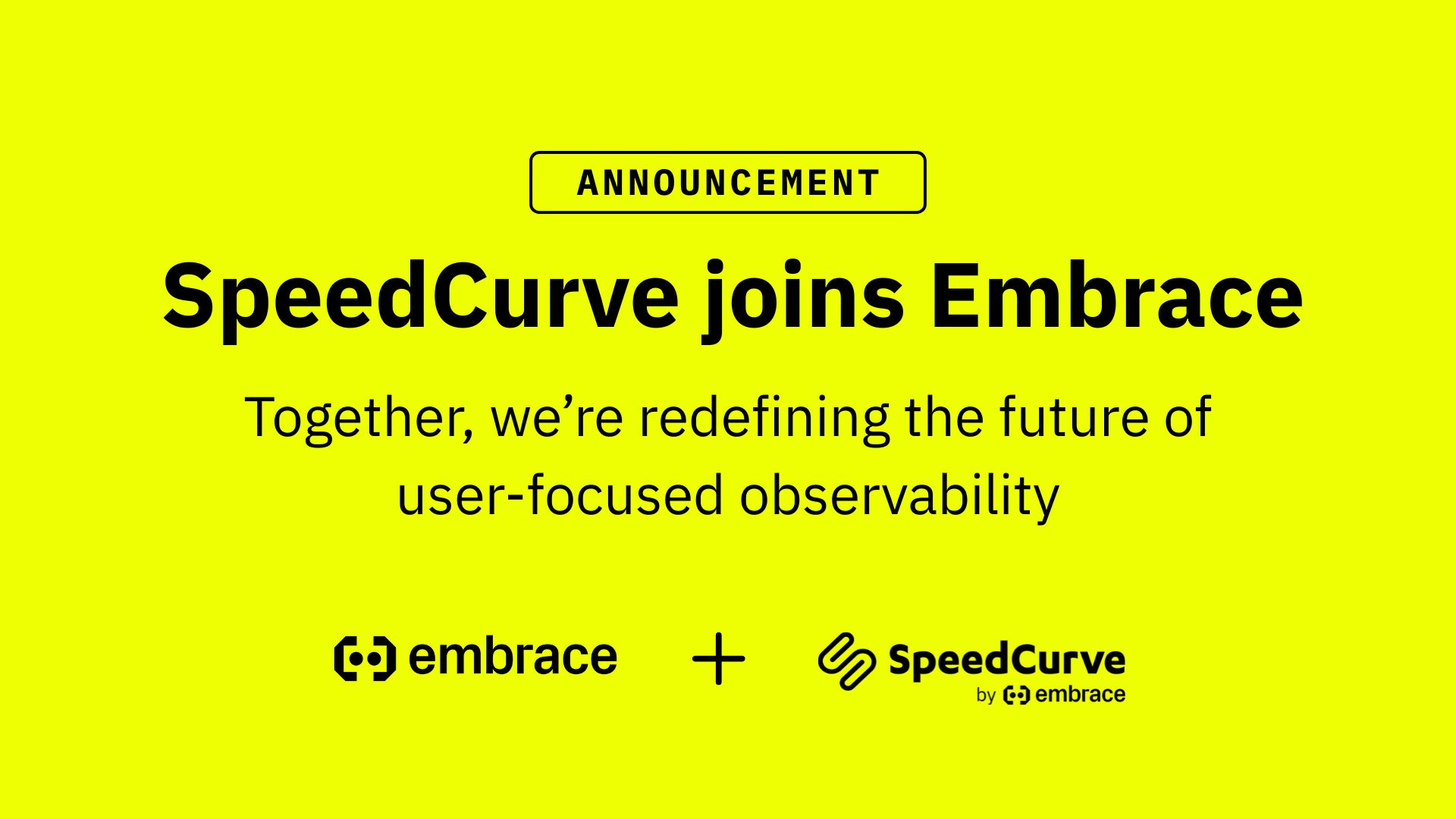
Mobile teams around the world have been using Embrace’s technology for years to optimize their apps and bring fast, stable, and all-around amazing experiences to their end users. As a company, we’ve grown alongside many of these customers, and we’ve partnered closely with them to build and refine features that serve the needs of an increasingly mobile world.
Building on those partnerships, our goal is to deepen our collaboration with the mobile community. That’s why we’re excited to announce that our Android SDK is now open source and live on GitHub, with our iOS developer SDK coming in January 2024.
This step forward for Embrace will make it easier than ever for mobile engineers to leverage our technology to build better apps, regardless of whether they choose to do business with us or not. Read on for some more details about our open source plans.



